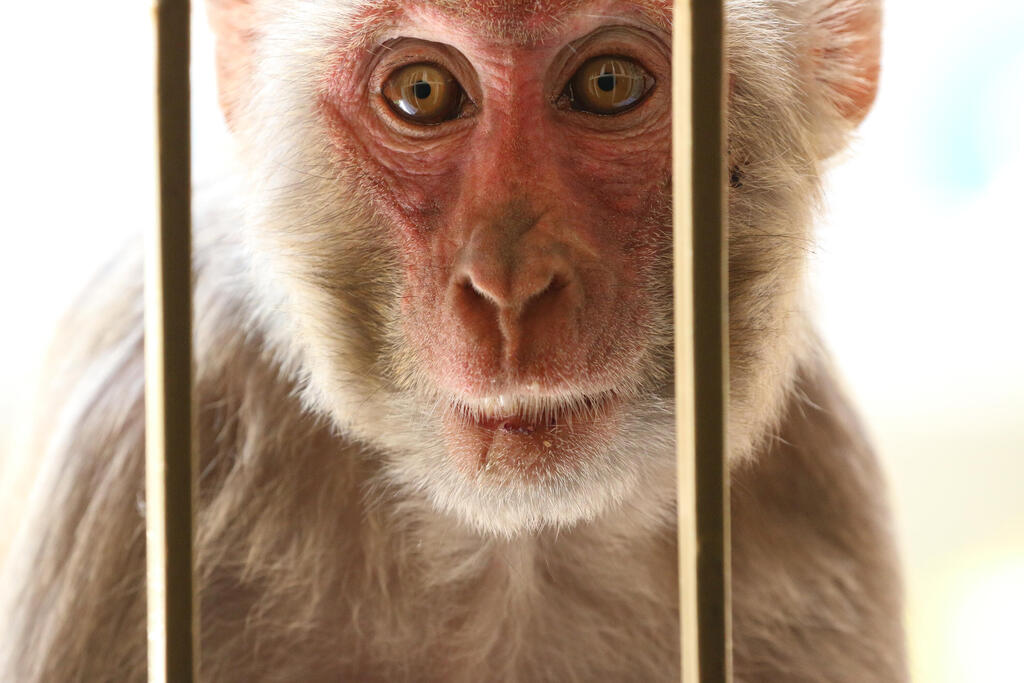Getting your Trinity Audio player ready...
A study on rhesus macaques (Macaca mulatta) found that expressive faces, particularly in dominant males, lead to stronger social connections, more cohesive groups, and important roles within their social structures and leadership styles.
The researchers used the MaqFACS coding system to track 17 facial muscle movements and
Facial expressions in primates, including humans, have evolved to facilitate social interactions, build and maintain relationships, navigate complex social networks, and foster group cohesion.
The findings suggest that diverse and expressive human faces with a wide range of movements have evolved to provide advantages in social interactions, communication, and building connections. These potentially led to increased access to resources, mating opportunities, and protection against threats.
Some media commentators concluded human leaders should draw insights from the research: communicate directly by making their intentions clear, reduce uncertainty, and occupy central network positions.
This article was written in collaboration with Generative AI news company Alchemiq
Sources: Independent, Globo, Earth.com, Scientias, Phys.com


